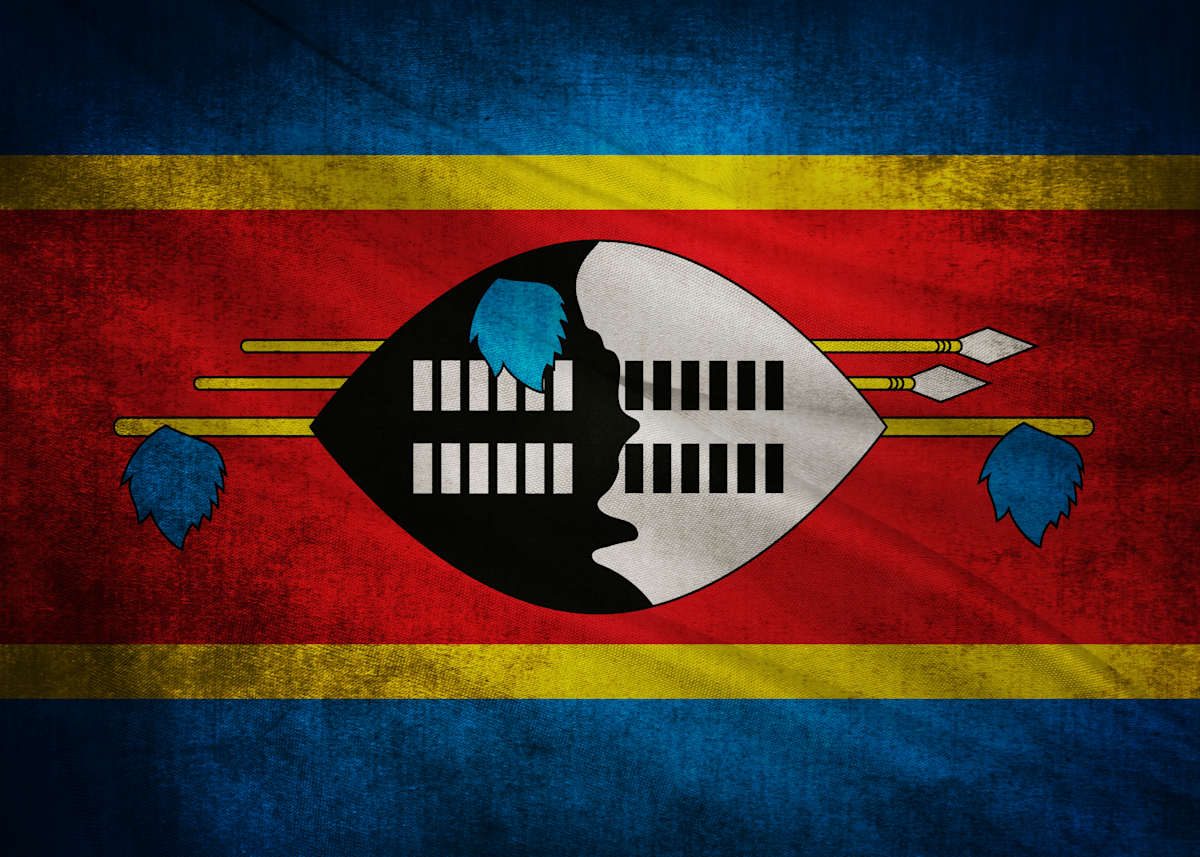A digital government app introduced by Eswatini is now under public examination due to worries about data privacy and security.
The Government In Your Hand or GIYH app has been officially launched during a ceremony led by Minister of Information and Communication Technologies, Savannah Maziya. The initiative is designed to enhance citizen access to government services directly from their smartphones, [1] as reported by My Afrika Magazine. Minister Maziya highlighted that this development is part of the Southern African Kingdom’s strategy to improve the efficiency of public service delivery, aiming to provide citizens with quicker and more cost-effective services. In conjunction with the GIYH app, the newly introduced ERS TaxPal App aims to revolutionize the country’s tax and customs administration.
Savannah Maziya who [2] is Eswatini’s Minister of ICT said, “We are restoring the dignity of emaSwati by collapsing barriers of time, distance, and cost and bringing government services to the hands of the people. This is not just a mobile app, it is a transformation of how government serves. At its heart, it is a simple but transformative idea: that every liSwati should be able to access public services with ease, without long queues, lost time, or unnecessary costs.”
Savannah Maziya also said [3] that enhancing the dignity of emaSwati by breaking down obstacles related to time, distance, and cost, effectively making government services more accessible to the public. She emphasized that this initiative goes beyond a mere mobile app; it represents a fundamental shift in the way the government delivers services to its citizens. “The Government of Eswatini remains committed to ensuring digital inclusion, transforming public service delivery, bridging the digital divide, empowering the young or old and differently abled and creating jobs through innovation. Through GIYH, we are making technology work for the people not the other way around,” said Savannah Maziya
However, despite the government's assurances, the app has come under growing scrutiny. A recent [4] report from the Sunday Observer has highlighted what it describes as “a significant security threat.” The article written by Melusi Matsenjwa recounts how a reporter was able to access publicly available data within the system. This finding has intensified concerns regarding the protection of personal information submitted through the app, raising further questions about its security measures. Eswatini has previously received warnings regarding potential privacy and security risks associated with its efforts to digitize national identification.
The Association of Progressive Communications or APC [5] recently shared insights in their latest report, part of an ongoing series addressing digital rights in Southern Africa. The report highlights the potential of the Eswatini national ID card, suggesting that enhancing its functionality could significantly improve access to services and facilitate online transactions. However, it emphasizes the need for the government to strike a balance between providing convenience and protecting individuals’ personal information. Additionally, the article outlines the steps taken by the Eswatini government to establish a legislative framework that supports the nation’s digital transformation.
This framework encompasses initiatives such as voter registration and verification, biometric SIM registration, civil registration, the national identification system, and efforts aimed at promoting financial services and inclusion. “If the experiences of most African countries who are deploying these systems at full throttle is to be referenced, threats to such freedoms as association and expression are real, especially given that politically, a lot remains tentative in the country given the tensions. It does not help that the Kingdom generally does not have a good human rights record,” said Melusi Matsenjwa.
